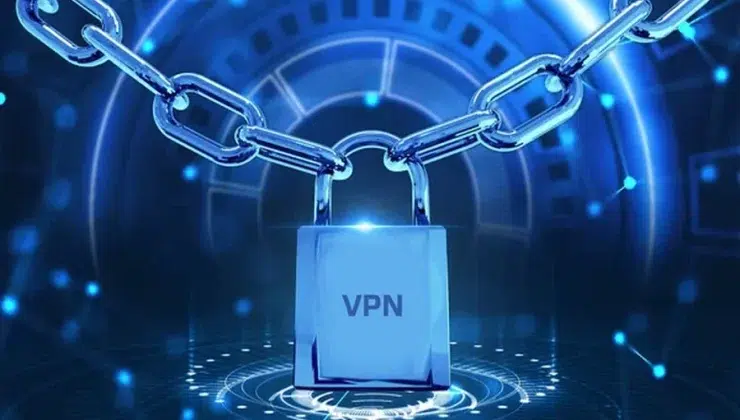How Musicians and Fans Can Stay Secure in the Digital Music Space

Introduction
You’re more linked than ever in the music industry whether your business is independent musician selling songs, journalist covering live events, or simply a fan compiling playlists. Streaming services, tools for collaboration, and social media have altered the way music is created, distributed, and listened to. Constant connectivity does, however, increase one’s danger of digital exposure. Musicians and creatives work in an environment where their intellectual property is as susceptible as their personal information.
Virtual private networks (VPNs) are becoming a sensible approach for consumers who value security to control such threats. VPNLY and other tools let you to encrypt your internet communication, rendering it unreadable to third parties. When working from public Wi-Fi at a tour location, a coffee shop on trip, or even backstage at a festival, this may be extremely helpful. VPNs guard you against location monitoring, profiling, and data interception—a rising concern. Fortunately, VPN apps run on both Android and iOS, hence your mobile sessions are equally safe as those on PC.
Recordings, contracts, contacts, and your fans all live here; for artists, your device is frequently your lifeline to your profession. Third-party spying is a genuine possibility whether you are accessing cloud-based storage or trading audio recordings with partners. VPN encryption ensures those creative exchanges are kept private. Even if the network is compromised, your content remains secure.
Fans aren’t exempt from needing online privacy, either. From buying concert tickets to attending fan forums, every engagement leaves a trace. VPNs enable you avoid targeted advertising based on your surfing activity and hide your location. Have you ever looked for an album and then found weeks of adverts for merchandise or concert tickets behind you? That’s a result of trackers building a profile on you. A VPN helps you take back some of that control by anonymizing your online footprint.
The benefits stretch beyond privacy. Geo-restrictions are common in the digital entertainment world. Sometimes, content is released in stages based on regional licensing deals. By establishing a new IP address, a VPN lets fans and musicians both access materials from throughout the globe. For music reporters who want early access to materials or for fans wishing to view live broadcasts and digital events not available in their area, this is quite helpful.
Then there’s the business aspect. Many musicians run their branding, product sales, and gigs online, working alone. Working unsecured the last thing you want while handling important payment information, passwords, or financial data. A VPN offers a safe route, therefore lowering the possibility of your business conversations or transactions being intercepted.
Streaming, too, has its security concerns. VPNs guard against DDoS assaults, which public creatives should be more worried about. This covers live feeds on Twitch or YouTube as well as podcast recordings. If you have ever witnessed unusual stream disruptions or odd bandwidth cuts, you might have been singled out. Using a VPN hides your IP address, so life becomes harder for would-be hackers.
Conclusion:
Using a VPN secures your connection, not about hiding whether you’re on the road, in the studio, or just loving the newest album from your favored band. In a creative field where your work defines you, it makes logical to start ensuring your internet profile. VPN products like VPNLY provide peace of mind without slowing you down and help you to incorporate privacy into your regular activities. Nowadays, the terrain of music and entertainment is digital-first, hence your security should reflect this as well.










